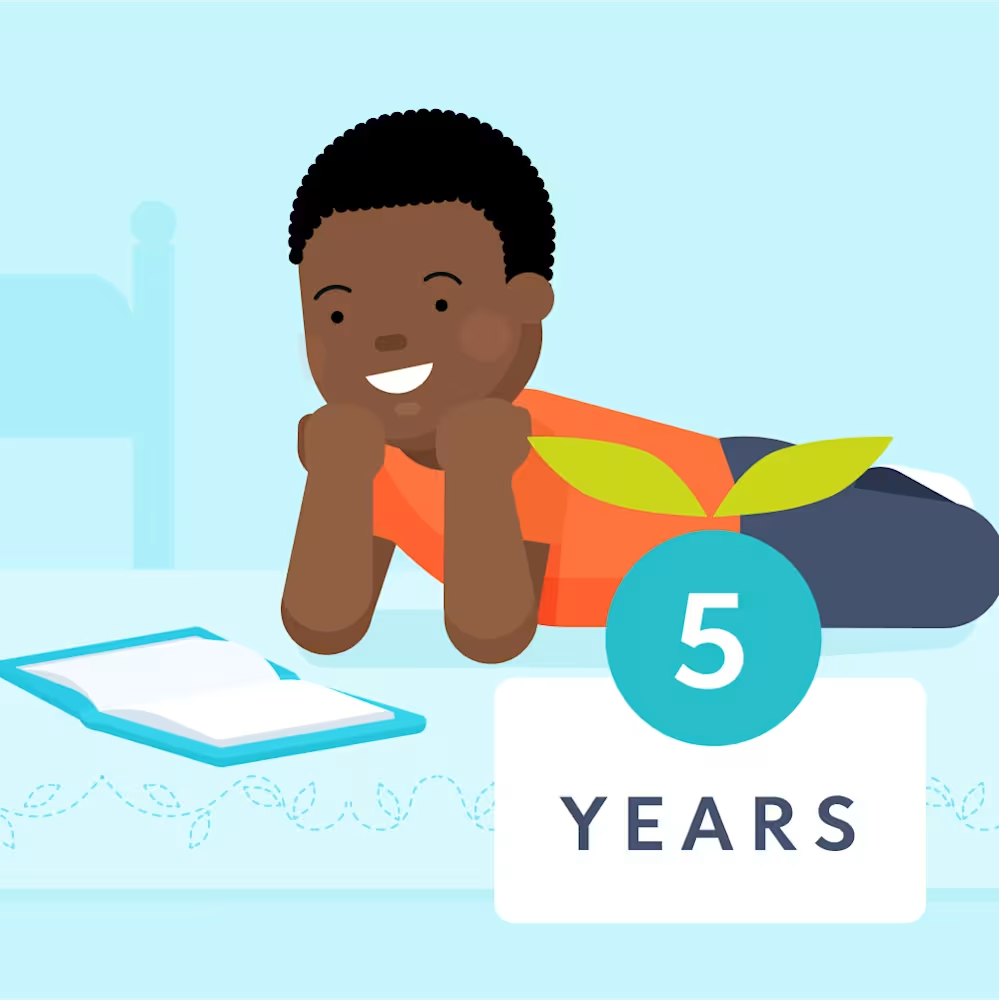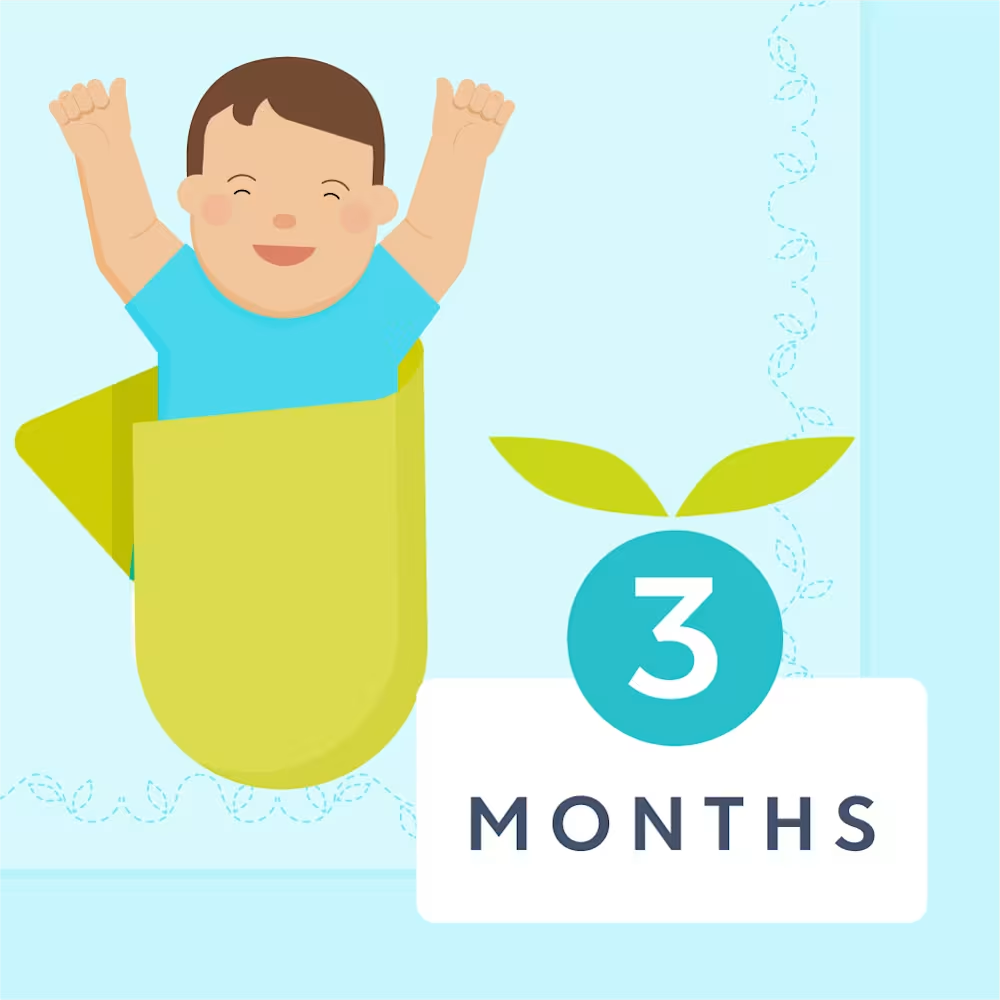Does hand, foot, and mouth disease affect kids' sleep?
Updated Jan 02, 2026

What is hand, foot, and mouth disease?
Hand, foot, and mouth disease (HFMD) is a common viral illness that causes mouth sores and a rash on the hands and feet. It most often affects babies and children under 5 years of age, although older children and adults are occasionally affected. [] Mothers can pass hand, foot, mouth disease to newborns during or just after birth. []
What causes it?
HFMD is usually caused by a type of virus called coxsackievirus. The virus can be spread by infected saliva, blister fluid, or poop. A child with HFMD who rubs his nose and touches a shared toy or goes to the bathroom and does not wash his hands can easily spread it to another child. Children are the most contagious during the first week of illness.
What are the symptoms?
HFMD commonly begins with fever, sore throat, tiredness, and decreased appetite. The fever lasts only a day or two and is followed by painful sores or ulcers inside the mouth. A rash also develops on the skin, typically small red bumps and blisters on the hands, feet, and buttocks. HFMD usually resolves on its own within a week without serious problems. []
How is it diagnosed?
A doctor will most often diagnose HFMD by the typical appearance of mouth sores and rash. Further testing is usually not necessary. Blood tests or a sample of blister fluid may be helpful if the diagnosis is uncertain.
Drool rash vs. hand, foot, mouth disease
A child may develop a drool rash when there's excessive saliva on their skin, often due to teething. This rash is usually scattered, rough, and red and can develop around a baby's mouth, neck, and chest. This type of rash is different from HFMD because it does not usually affect hands and feet and does not cause blisters.
How is it treated?
There is no treatment for hand, foot, mouth disease that will shorten the illness. [] However, you can help your child with HFMD day by day by giving:
Acetaminophen or Ibuprofen to relieve pain and reduce fever.
Note: Ibuprofen should only be given to children older than six months.
Cold foods like popsicles or smoothies to soothe the throat and stay hydrated. Avoid spicy or acidic foods that can irritate the mouth.
Since the virus can sometimes remain in the poop for weeks even after symptoms have resolved, hand-washing is especially important to prevent the spreading of the disease to other children. Wash hands frequently with soap and water for at least 20 seconds.
Seek medical care if your child:
Has severe pain
Has a fever for more than 3 days
Is unable to drink or appears dehydrated, peeing fewer than 3 times a day
How does it affect sleep?
Children are often more tired and need more sleep when they are fighting an illness like HFMD. Some children only experience mild symptoms from HFMD. Unfortunately, other children with HFMD can experience significant pain from their mouth sores, disrupting the sleep they dearly need.
Because of the pain, they may have difficulty falling asleep, wake up frequently during the night, and wake up earlier than usual in the morning.
How to help a baby sleep with hand, foot, and mouth disease
If HFMD is affecting your child’s sleep:
Set an earlier bedtime since your child will likely need more sleep than usual. Your child may become overtired (and, as a result, have more trouble falling asleep) sooner than normal.
Try a pain reliever like acetaminophen about a half hour before naps or bedtime. Keep in mind that there should be at least 4 hours between each dose of acetaminophen (not exceeding 5 doses in 24 hours) when planning the timing of a dose. Ibuprofen should not be given more frequently than every 6 hours.
Encourage fluids so that thirst is not an extra factor in keeping your child awake. Your child may try to avoid drinking because of the painful mouth sores.
Remember that HFMD is a self-limited illness that will likely resolve in less than a week. Do your best knowing that you can get back to your normal routine once your child is feeling better.
Takeaway
Hand, foot, and mouth disease is a type of viral infection caused by the virus coxsackievirus. It can be spread by infected saliva, blister fluid, or poop. It most commonly affects children under 5 years of age.
HFMD often begins with fever, sore throat, tiredness, and decreased appetite. These symptoms are usually followed by painful sores or ulcers inside the mouth along with a rash that develops on the skin. This typically looks like small red bumps and blisters on the hands, feet, and buttocks. These are different from the scattered bumps caused by a drool rash.
You can treat HFMD with Acetaminophen or Ibuprofen to relieve pain and reduce fever. Cold foods can also help soothe mouth sores and help children stay hydrated. HFMD usually resolves on its own within a week without serious issues.
In more severe cases, HFMD can disrupt sleep due to pain from the sores. This discomfort may cause children to have trouble falling asleep, wake up frequently overnight, and have an earlier than usual rise time in the morning.
Share article:
Note: The content on this site is for informational purposes only and should not replace medical advice from your doctor, pediatrician, or medical professional. If you have questions or concerns, you should contact a medical professional.
4 Sources
Share article:







